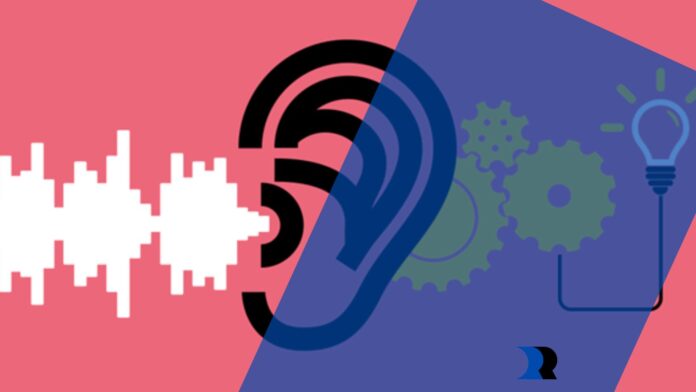A lot can go wrong when a business’s customer service setup does not live up to expectations. Failure in this regard is either or both born out of two things. The first is not having a befitting structure in place. The second is problems with functionality.
It is more frustrating when there is a structure in place but it is not functional. For starters, this is because it amounts to wasted resources & effort. Some of the reasons for this stems from problems in the following areas:
- Communication
- Timely Problem Solving
- Patience
- Adaptability
- Product Knowledge
- Conflict Resolution
- Time Management
- Technical Proficiency
- Persuasion Skills
- Attentiveness
By the way, all of these and more constitute critical skills for successful customer service. For more information on these critical skills, you can visit: https://edcollaborative.com/.
However, the lack of some of them turns out to be more of a problem than others. One such is active listening as a lot depends on the ability to actively listen to customers and even leads. This article sheds more light on this critical skill’s importance considering how much depends on it. So, read on to stay informed.
Active Listening: Cornerstone of Effective Customer Service
Active listening is not all there is to effective customer service. However, it is a large part of what it is about.

As a result, it is one of the critical skills that should be maximized. Some of the reasons why this is the case are discussed below:
Building Trust & Rapport
Many teams have the goal of selling products and/or services. That is good but not enough as your target audiences require a connection and not just a seller of products and/or services.
Against this backdrop, active listening is the first step towards developing that corporate connection. The result of that connection which would also be sustained through active listening and a couple of other critical skills is trust and seamless rapport.
By the way, the possession of this skill should inform the decision to outsource certain operations to professional service providers. For example, when hiring an answering service provider that sets appointments for you and performs other related operations, active listening should be one of the major selection criteria. This is because it is important and should be seen in that light.
Understanding Customer Needs & Expectations
Mistaking knowledge for understanding is a major problem with several teams that work in the customer service department. For the record, they do not mean the same things even though they are related.
It is possible to know something and not understand it. However, understanding on the other hand is not possible without knowledge.
Knowledge is about having a surface awareness of what the customer needs. Understanding on the other hand is steps further. It requires being aware of why whatever is needed is needed.
This greater sense of awareness cannot happen without active listening. The thing is also that truly meeting needs and expectations requires understanding and not just knowledge.
Reduced Miscommunication
Miscommunications between clients and company representatives may not always be the fault of the company’s representatives. There are even instances when clients make clear mistakes in this regard.

However, this does not rule out the fact that the company is adversely affected by such situations. For example, it can lead to the breakdown of a transaction that should have benefited the company.
This is all to say that everything reasonably possible should be done to avoid miscommunications or reduce them to the bare minimum. Active listening is one of the critical skills at the heart of ensuring this.
This is because it helps to spot inconsistencies in the statements and actions of clients and leads. As a result, their attention can be called to these inconsistencies, and clarity restored. So, this is one skill that should be highly prioritized in a business’s best interest.
Conflict De-escalation
We do not even like to entertain the thought of an angry or frustrated customer. Ironically, it is something bound to happen at some point, although it is important to reduce the likelihood as much as possible.
Having made this clear, there is also how to handle angry or frustrated clients or leads. This is in the spirit of effective and efficient crisis management. Active listening is one of the skills required for such times.
It is so important in such situations that it could be the difference between a pacified customer and one that becomes more agitated. You can read this article for more insight into how active listening can play a key role in conflict de-escalation.
Wrap Up
Active listening is one of the must-have critical skills for any establishment. This is particularly for the customer service team. 4 reasons why this is the case have been stressed in this article and inform why this skill should be considered essential for the smooth running of a business’s operations.


